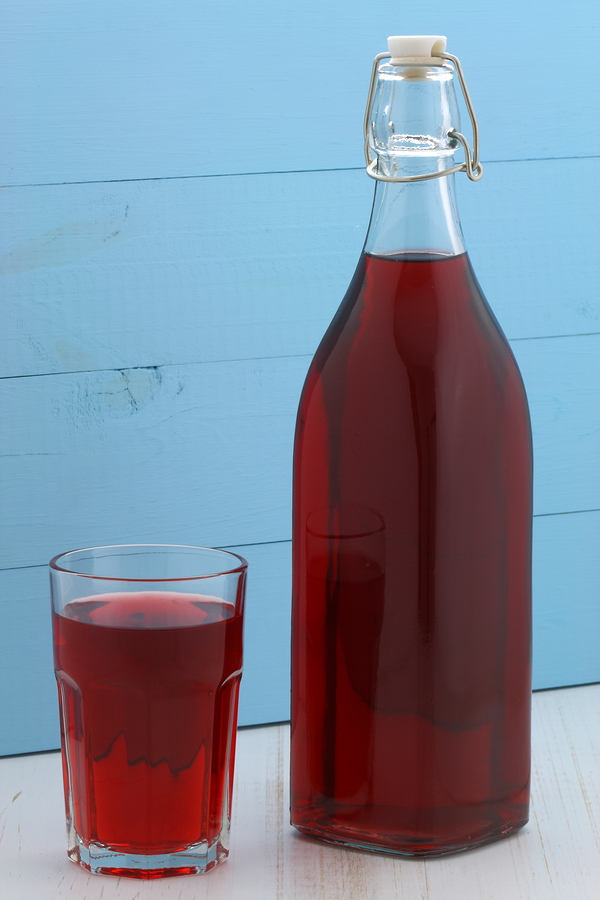Recurrent UTI are common among 20% of women, with many women experiencing three or more infections a year. The typical treatment is antibiotics, but long-term use increases the likelihood that those medicines won’t work against future infections.
A natural and effective option is a supplement called D-Mannose, a naturally occurring sugar found in a variety of fruits such as blueberry, apple, and cranberry. This sugar is the reason that cranberry juice is commonly recommended as a UTI treatment; it’s a lot easier, however, to get the recommended dosage from a D-mannose supplement.
Here’s how D-mannose works and why it’s so effective: it attaches itself to E. coli, a bacteria normally found in the intestinal tract but often proliferates in places it should not be, causing infections. D-Mannose triggers the bacteria to bind to it, instead of the urinary tract, and this helps your body flush out the bacteria during urination.
Natural medicine practitioners have long been using D-mannose to treat UTI in men and women. Recent studies comparing D-Mannose to both antibiotic and placebo have shown women taking D-Mannose had a significantly lower frequency of UTI and a lower incidence of side effects compared to those taking the antibiotic.
Talk with your holistic physician before taking D-Mannose as dose differs based on frequency and duration of infection, age, and other health factors.
References
- L. Domenici, M. Monti, C. Bracchi, M. Giorgini, V. Colagiovanni, L. Muzii, P. Benedetti Panici: “D-mannose: a promising support for acute urinary tract infections in women. A pilot study.” Eur Rev Med Pharm Sci (2016) 20:13, 2920. Accessed 14 July 2017: http://www.europeanreview.org/article/11121
- Altarac, S. and Papeš, D. (2014), Use of d-mannose in prophylaxis of recurrent urinary tract infections (UTIs) in women. BJU Int, 113: 9–10. doi:10.1111/bju.12492 Accessed 11 July 2017: http://onlinelibrary.wiley.com/doi/10.1111/bju.12492/full
- ClinicalTrials.gov “D-Mannose in Recurrent Urinary Tract Infections.” (2013, April 1) Study Results. Accessed 11 July 2017: https://clinicaltrials.gov/ct2/show/results/NCT01808755
- De Leo V, Cappelli V, Massaro MG, Tosti C, Morgante G., “Valutazione degli effetti di un integratore naturale a base di cranberry, Noxamicina® e D-mannosio nelle infezioni urinarie recidivanti in donne in perimenopausa.” Minerva Ginecol 2017;69:336-41. DOI: 10.23736/S0026-4784.17.04074-6. In English, Accessed 11 July 2017: http://www.minervamedica.it/en/journals/minerva-ginecologica/article.php?cod=R09Y2017N04A0336#
- Schaeffer AJ, Chmiel JS, Duncan JL, Falkowski WS. “Mannose-sensitive adherence of Escherichia coli to epithelial cells from women with recurrent urinary tract infections.” J Urol (1984) 131:9, 06-10. https://www.ncbi.nlm.nih.gov/pubmed/6142969
- Hickling, Duane R, and Victor W Nitti. “Management of Recurrent Urinary Tract Infections in Healthy Adult Women.” Reviews in Urology 15.2 (2013): 41–48. https://www.ncbi.nlm.nih.gov/pmc/articles/PMC3784967/
- NIDDK.NIH.gov: Abstract: Cusumano, C.K., Pinkner, J.S., Han, Z., et al. “Treatment and prevention of urinary tract infection with orally active FimH inhibitors.” Sci Transl Med (2011) 3:109ra 115. Accessed 11 July 2017: https://www.niddk.nih.gov/news/research-updates/pages/research-yields-potential-new-treatment-for-urinary-tract-infections.aspx

